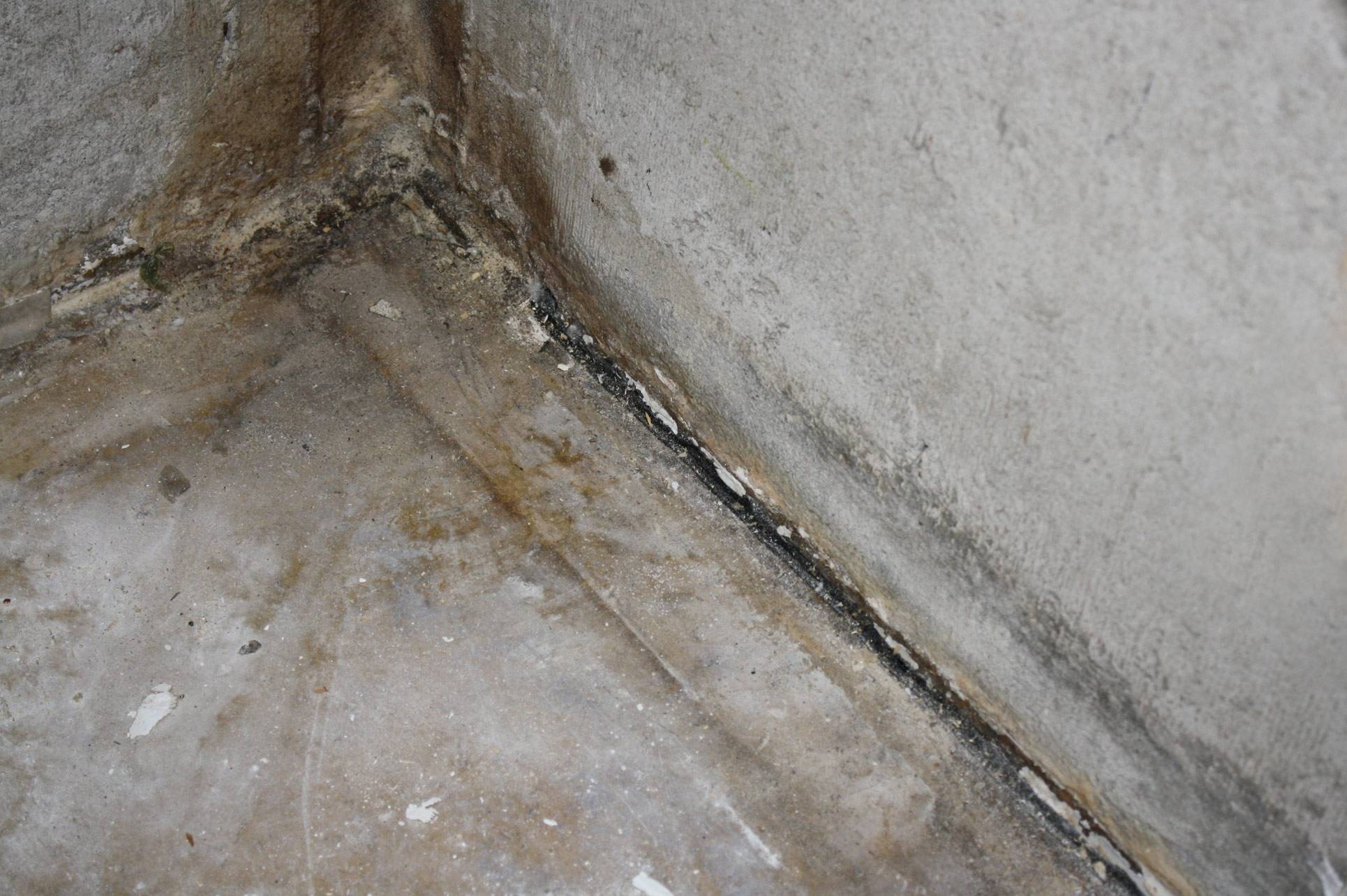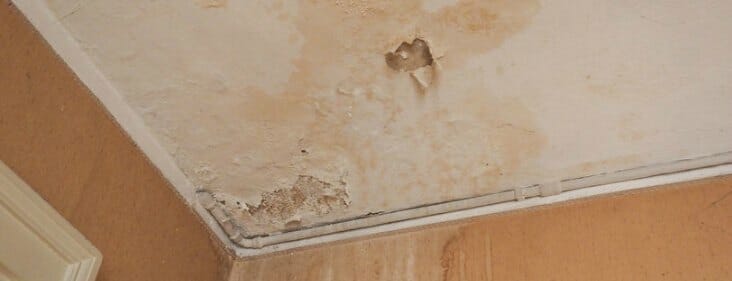Your Residential Most Typical Leak Triggers: Analysis
Your Residential Most Typical Leak Triggers: Analysis
Blog Article
Were you searching for facts around Common Water Leaks In House?

Leakages not only trigger waste of water however can also trigger unneeded damage to your house and also advertise undesirable natural development. By understanding and looking for everyday situations that trigger leaks, you can shield your home from future leaks as well as unnecessary damages.
Intruding origins
The majority of water leaks begin outside your house instead of inside it. If you notice a sudden reduction in water stress, claim in your tap, take time to go out as well as analyze your backyard. You could see damp patches or sinkholes in your backyard, which might indicate that tree origins are invading water lines triggering water to permeate out. You can have your plumber check for invasion, specifically if you have trees or hedges near your home.
Corroded water systems
This might be the reason of discoloration or warping on your water pipelines. If our plumbing system is old, take into consideration changing the pipelines considering that they are at a greater danger of deterioration than the newer models.
Faulty Pipeline Joints
The factor at which your pipes attach is often the weakest web link in the waterline. Pipe joints can weaken gradually, causing water leakages. The bulk of pipe joints are not quickly visible. If you have noisy pipes that make ticking or banging sounds, specifically when the hot water is turned on, your pipe joints are probably under a great deal of pressure. It is a good idea to have your plumber examine your system yearly.
Instant temperature changes.
Severe temperature modifications in our pipelines can cause them to increase and acquire all of a sudden. This growth as well as tightening may trigger fractures in the pipes, particularly if the temperature are below freezing. If you maintained an eye on exactly how your plumbing works, it would be best. The presence of the previously discussed scenarios regularly suggests a high threat.
Poor Water Connectors
At times, a leakage can be brought on by loosened hose pipes and pipes that provide your appliances. Typically, moving is what triggers the loosened water Links. You could find in the case of a cleaning maker, a pipe might spring a leak because of shaking during the spin cycle. In case of a water links leak, you may discover water running directly from the supply line or pools around your appliances.
Blocked Drains
Blocked drains might be bothersome and inconveniencing, however they can in some cases end up creating an overflow resulting in break pipelines. Keep getting rid of any materials that may drop your drains pipes that might block them to stay clear of such aggravations.
All the above are reasons for leaks yet not all water leakages result from plumbing leakages; some leaks might come from roof leaks. All leakages ought to be fixed instantly to avoid water damage.
Leaks not only create waste of water however can also create unneeded damage to your house as well as promote unwanted natural growth. By recognizing and also looking for daily circumstances that create leaks, you can protect your residence from future leakages and also unneeded damages. Today, we will look at 6 leak causes that may be triggering your pipes to drip.
At times, a leak can be created by loosened hose pipes and pipelines that supply your home appliances. In case of a water links leakage, you may notice water running straight from the supply line or puddles around your appliances.
How To Check For Water Leak In Your Home
How To Check for Leaks
The average household's leaks can account for nearly 10,000 gallons of water wasted every year and ten percent of homes have leaks that waste 90 gallons or more per day. Common types of leaks found in the home are worn toilet flappers, dripping faucets, and other leaking valves. These types of leaks are often easy to fix, requiring only a few tools and hardware that can pay for themselves in water savings. Fixing easily corrected household water leaks can save homeowners about 10 percent on their water bills.
To check for leaks in your home, you first need to determine whether you're wasting water and then identify the source of the leak. Here are some tips for finding leaks:
Take a look at your water usage during a colder month, such as January or February. If a family of four exceeds 12,000 gallons per month, there are serious leaks.
Check your water meter before and after a two-hour period when no water is being used. If the meter changes at all, you probably have a leak.
Identify toilet leaks by placing a drop of food coloring in the toilet tank. If any color shows up in the bowl after 10 minutes, you have a leak. (Be sure to flush immediately after the experiment to avoid staining the tank.)
Examine faucet gaskets and pipe fittings for any water on the outside of the pipe to check for surface leaks.
Undetected water leaks can happen without the home or business owner even realizing. If you suspect a water leak, but not able to find the source. It is time to contact a professional water leak detection service, The Leak Doctor.
How To Find a Water Leak In Your Home
https://www.leakdoctor.com/blog/How-To-Check-For-Water-Leak-In-Your-Home_AE197.html

We were shown that write-up on Common Water Leaks In House from someone on a different site. Enjoyed our post? Please share it. Help other people find it. I praise you for your time. Visit again soon.
Immediate attention? Phone us! Report this page